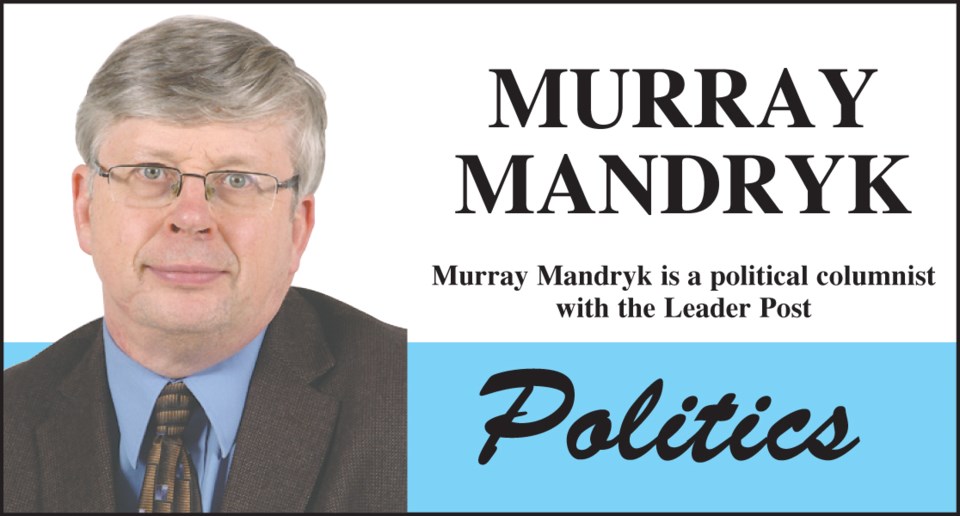Premier Scott Moe’s popularity has likely surprised many.
It is rather amazing that Moe now surpasses the charismatic and popular Brad Wall in popularity while overseeing a Saskatchewan Party government that has accumulated a dozen years of political baggage.
According to the June results of Angus Reid Institute’s quarterly survey of Premiers’ popularity, Moe is the most popular premier in the land with a 65-per-cent per cent approval rating.
That’s four percentage points higher than Alberta United Conservative Party Premier Jason Kenney (61 per cent) who is still riding a wave of popularity after defeating former NDP Premier Rachel Notley.
And it’s 30 percentage points higher than Ontario Progressive Conservative Premier Doug Ford who was elected just last year. This would suggest that Moe isn’t simply riding a wave of conservative popularity across the country.
Moe may have been somewhat helped by how unpopular federal Liberal Prime Minister Justin Trudeau is in this part of the country.
Clearly, Moe has become the foil to Trudeau and his carbon tax — even more so than Wall was.
Although the latest Angus Reid polling took place about the time of the Sask. Party government’s unsuccessful Court of Appeal decision on the constitutionality of the carbon tax, that’s seems to have done little to detract from Moe’s popularity. If anything, it added to his popularity, given that the four-cent-a-litre carbon tax also took effect during this period. (By way of information, the Angus Reid poll is an online, volunteer survey of 617 Saskatchewan people said to be scientifically accurate within plus or minus 3.9 per cent 19 times out of 20.)
However, you also get the impression that there’s more going on here than just the fact that Moe is riding a wave of support because he opposes the carbon tax and federal bill C-69 restricting pipeline development.
While Moe may have recently been defined by his battle against Trudeau and a couple federal issues, it would appear Moe’s popularity is rooted in a more solid foundation than that.
In fact, it all might have started during his run for the Sask. Party leadership that took many by surprise.
Moe only received 26.1 per cent of party support on the first ballot and didn’t take the lead until the fourth ballot.
That a majority of his party might have had their initial misgivings of Moe suggests Moe has flown under the radar.
But that more modest, low-key and steady approach in the Moe’s leadership run that eventually captured Sask. Party members may start to explain why he is now captivating more and more Saskatchewan voters a year and a half later.
While not exactly quick with quip or a spell-binding orator (characteristics Saskatchewan usually prefers in a premier), voters also do have a certain affection for big, straight-talking farm boys.
Of course, that applies more to those who agree with what Moe has to say than those who may disagree. The roughly 65 to 75 per cent of rural voters who support the Sask. Party obviously have reason to approve of their leader.
But given that Moe’s overall approval rating in 65 per cent in the Angus Reid survey, simply math suggests at last 50 to 55 per cent of city voters must also approve Moe’s leadership.
Why would a majority of city folks also approve of Moe’s leadership?
Perhaps it’s because most people — rural and urban — are troubled by the carbon tax, too.
Also, a growing province with a strong economy that’s creating jobs likely also helps Moe’s cause.
But most critical to Moe’s success is he has done a pretty good job of not irritating any particular voters many since becoming premier.
That may be the biggest single reason for his popularity.
Murray Mandryk has been covering provincial politics for over 22 years.



